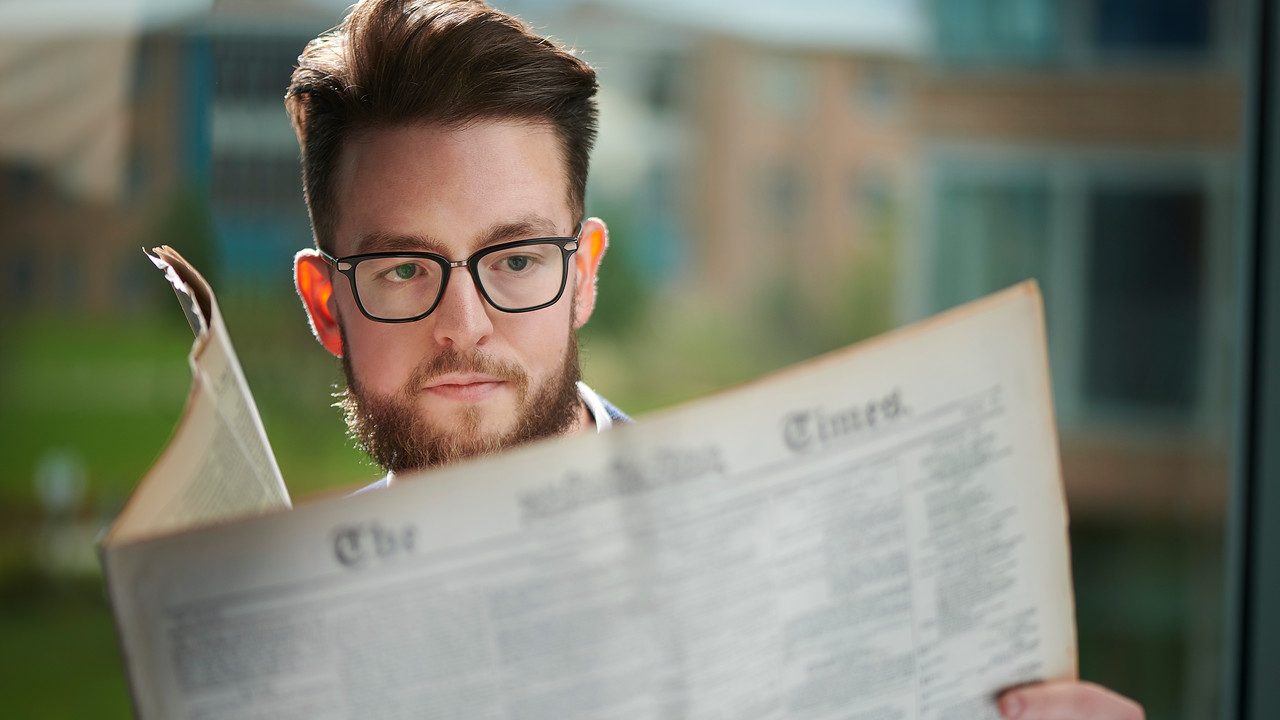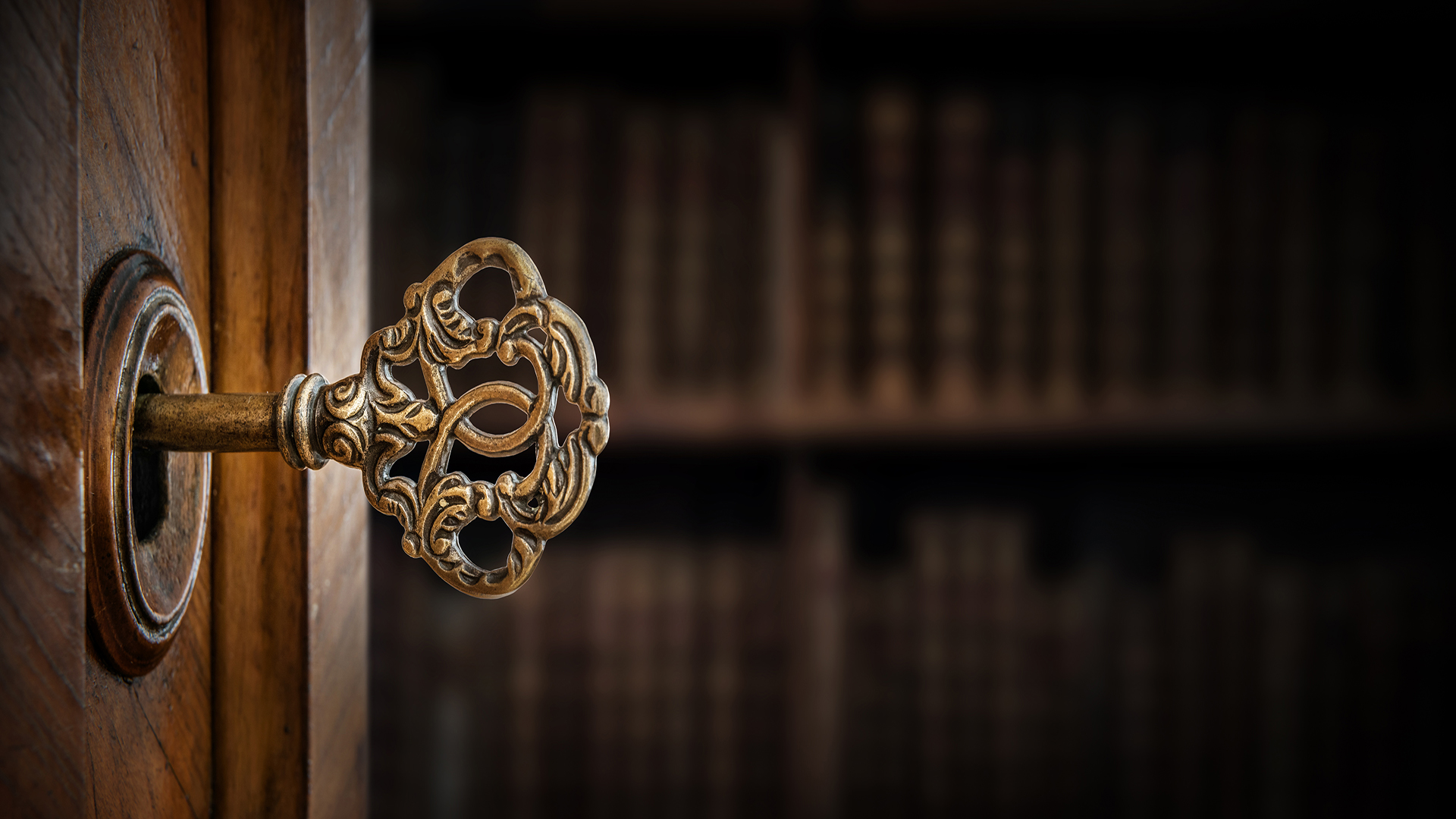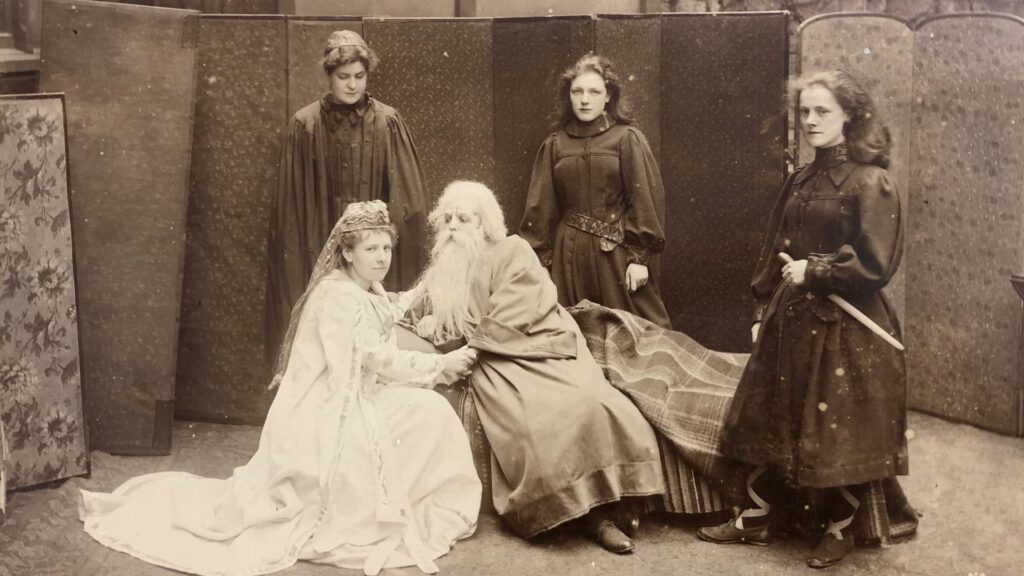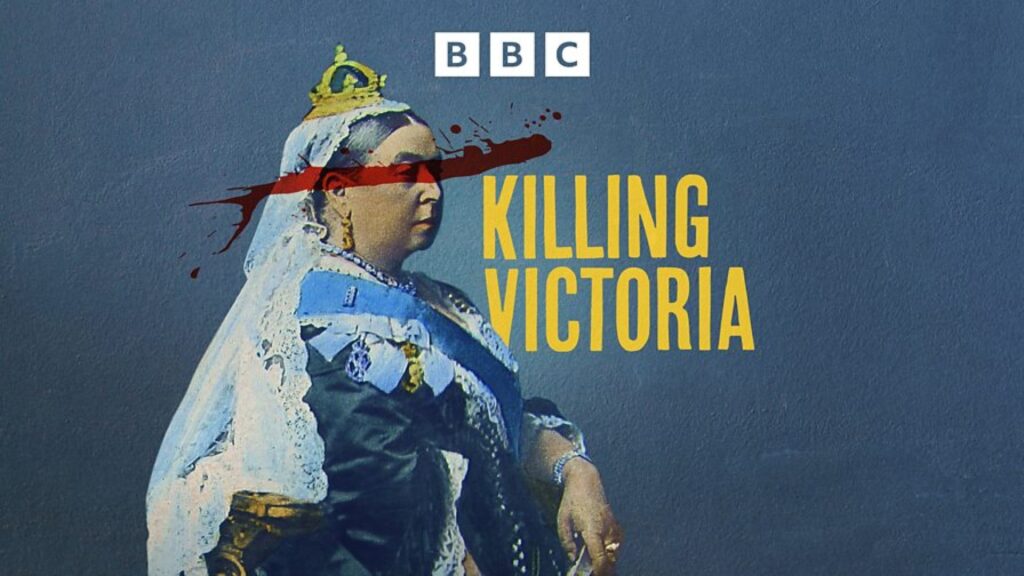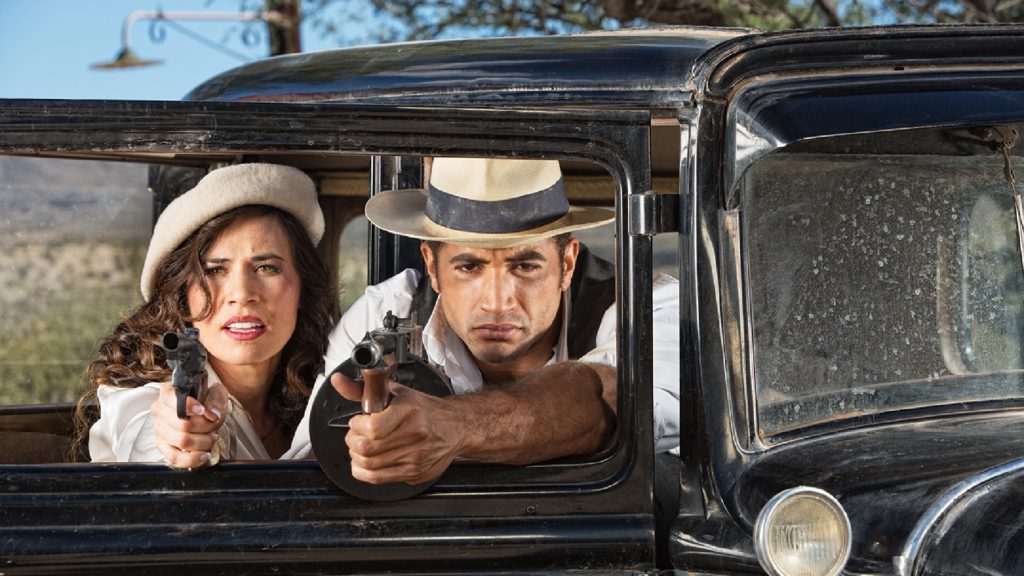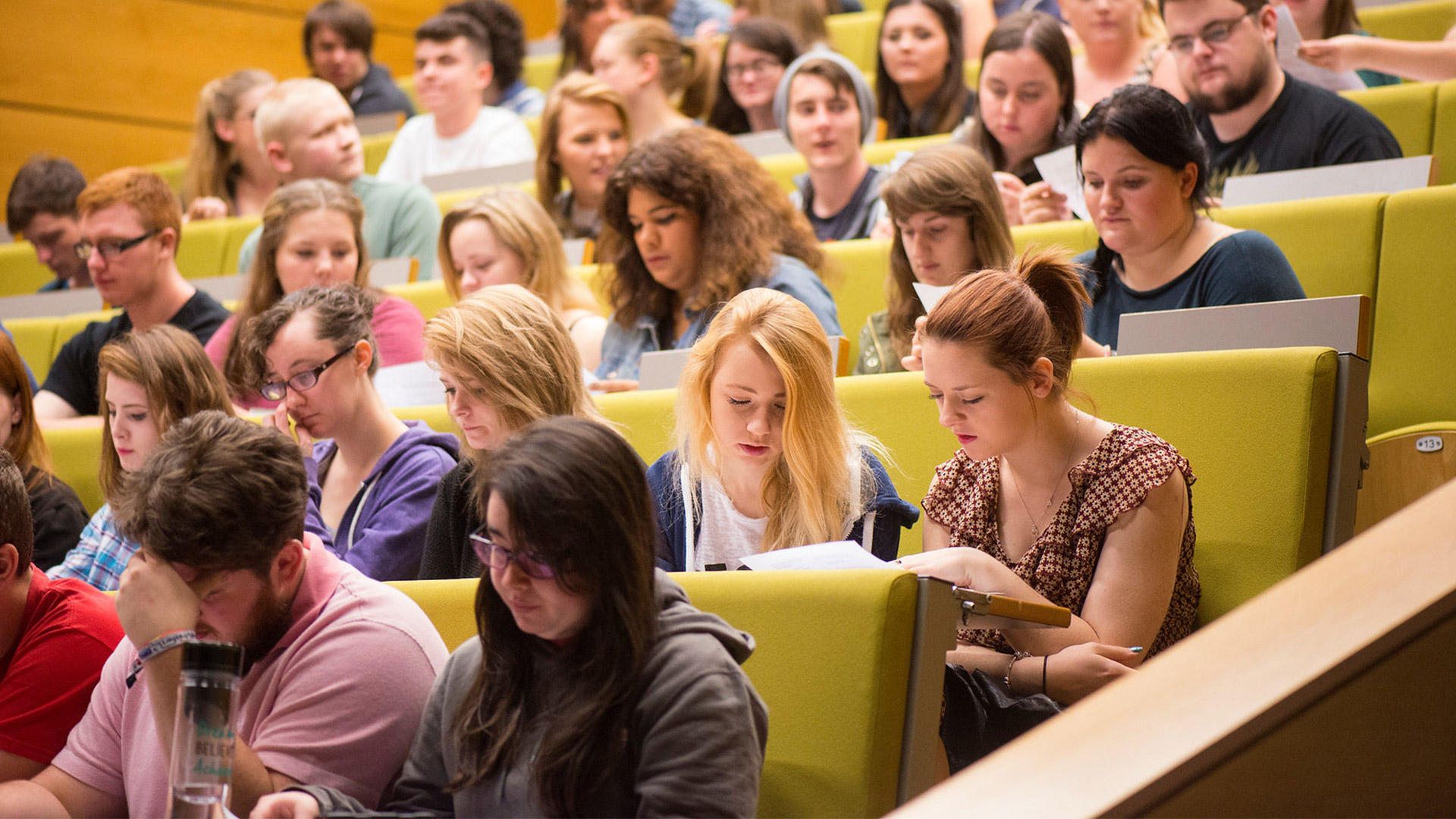
We teach and research medieval and modern history from around the globe, from medieval Iraq to the contemporary United States. Students are at the centre of our community. Study the dynamic and fast-changing subject of modern History from across the globe.
1st
in the North West for learning community
(National Student Survey 2022 – History).
Our thriving research culture is centred around a series of clusters that include scholars from across Edge Hill University: Medieval History, Middle Eastern History, EHU Nineteen (Victorian Studies), Political History and Race, Religion, Gender, and Class (RRCG). We are proud to be the home of the International Centre on Racism.
International Centre on RacismLatest news
Find us
Department of History, Geography and Social Sciences
Edge Hill University
St Helens Road
Ormskirk
Lancashire
L39 4QP
United Kingdom
